
The world population is expected to be at 8.23 billion people by the year 2025. The distribution of this population is very different in different countries. Some countries are experiencing large increase because of things like greater birth rates, better healthcare, and migration patterns. The following is a summary of the ten countries with the largest populations in the world as of 2025:
List Of Top 10 Most Populous Countries in the World 2025
1. India
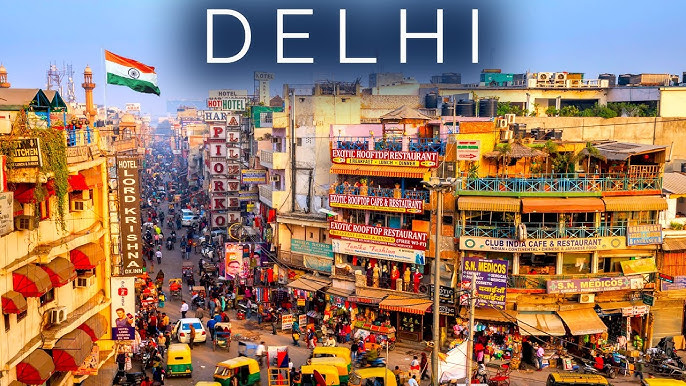
India, which is officially called the Republic of India, is a country situated in South Asia. India has a population of more than 1.4 billion people, making it the second most populous country in the world, after China. It is also the world’s biggest populous democracy. India has been a hub of civilization, philosophy, and creativity for a long time. It is a country with a rich history, a dynamic culture, and a wide variety of people. India’s influence on the world stage is apparent as it continues to grow as a global power.
2. China
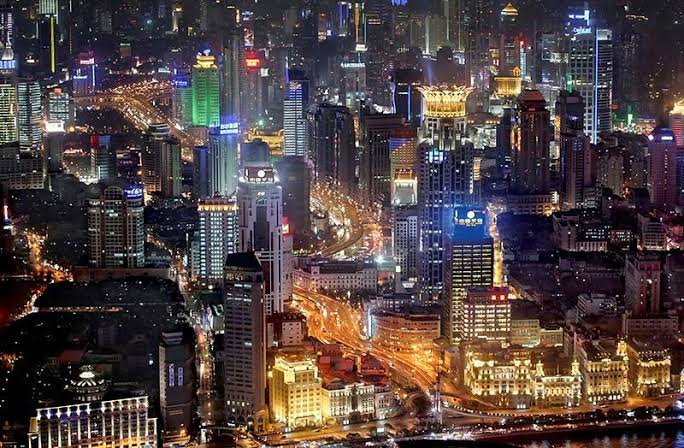
China, which is officially called the People’s Republic of China (PRC), is one of the most powerful countries in the world, both in terms of its history and its role in current global affairs. China, which is located in East Asia, has the highest population of any country in the world, with over 1.4 billion people. It also has the second-largest economy in the world, following the United States. China is a country with a lot of geographical, cultural, and political complexity. It has become a major participant in the globe, and it has a lot of impact in terms of the economy, politics, and the military.
3. United States

The United States of America (USA) is a country that is mainly located in North America. It is made up of 50 states, a federal district, five major unorganized territories, 326 Indian reservations, and many smaller islands. The United States is the third most populous country in the world, with a population of over 330 million people, and it is the most prominent worldwide force. The United States of America is known for its cultural diversity, economic strength, and historical importance. It continues to have a major influence on the direction of politics, economics, and culture around the world.
4. Indonesia
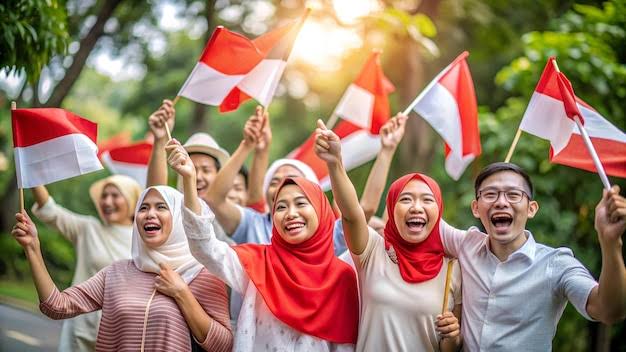
The Republic of Indonesia, which is the country’s official name, is the biggest archipelago in the world. It is located in Southeast Asia and is made up of more than 17,000 islands. Indonesia is one of the most prominent countries in Asia and the globe due to its diverse culture, beautiful natural landscapes, and fast-growing economy. Indonesia, which is the fourth most populous country in the world, has a significant impact on politics, economics, and environmental sustainability both in the area and beyond the globe.
5. Pakistan
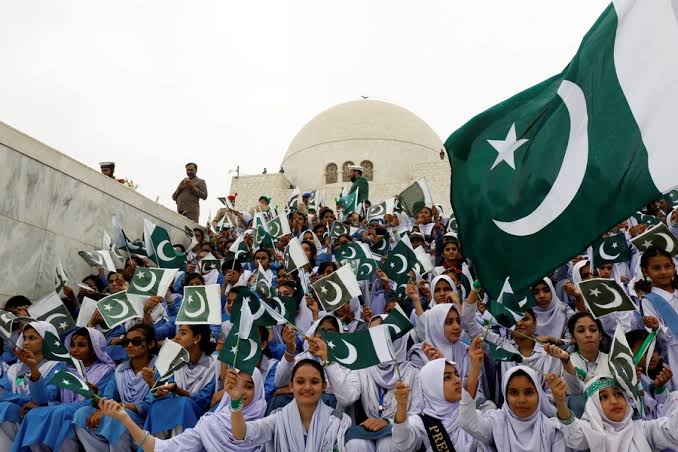
Pakistan, which is formally known as the Islamic Republic of Pakistan, is a country located in South Asia. It has a complicated political environment, a diversified culture, and a long history. Pakistan is a strategically significant country in the region since it shares borders with India, Afghanistan, Iran, and China. Pakistan is the fifth most populous country in the world, with a population of over 240 million people. It has made important contributions to global politics, culture, and economics, but it has also faced considerable challenges, such as political instability, economic obstacles, and security concerns. Pakistan’s young population, natural riches, and strategic location give it a lot of potential, even with these obstacles.
6. Nigeria
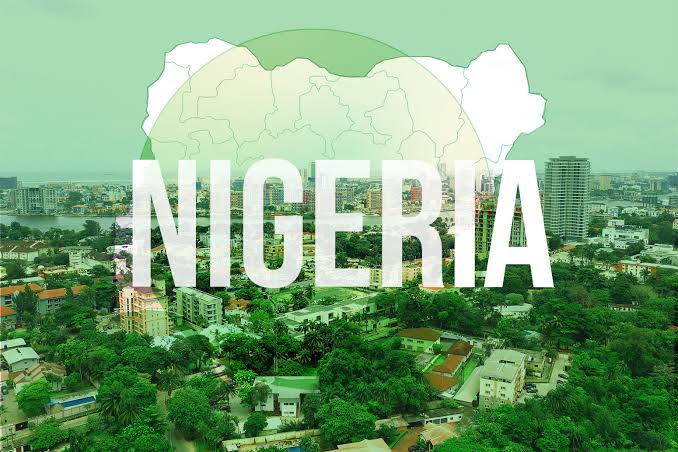
Nigeria, which is formally known as the Federal Republic of Nigeria, is the country with the largest population in Africa and one of the most powerful nations on the continent. Nigeria, which is located in West Africa, has a diversified population, a rich cultural legacy, and a booming economy. Nigeria continues to be an important participant on the world stage because of its strategic location, economic potential, and cultural influence, even though it is dealing with problems like political instability, corruption, and security crises. Nigeria, which has a population of over 200 million people, is sometimes called “Africa’s Giant” and is important in determining the destiny of the continent.
7. Brazil
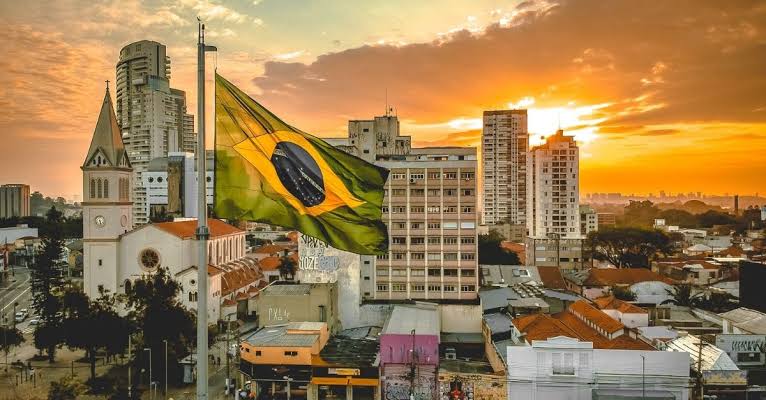
Brazil, which is formally known as the Federative Republic of Brazil, is the largest country in South America. It is also the fifth-largest country in the world in terms of both land and population. Brazil is a global participant in several areas due to its diversified environment, rich cultural legacy, and active economy. Brazil continues to be an important economic, cultural, and political power in Latin America and beyond, despite the fact that it is dealing with major issues such as political instability, social inequality, and environmental problems. Brazil is recognized for its lively culture, beautiful landscapes, and busy cities. Its impact can be seen around the world in a variety of fields, including football, music, and technology.
8. Bangladesh
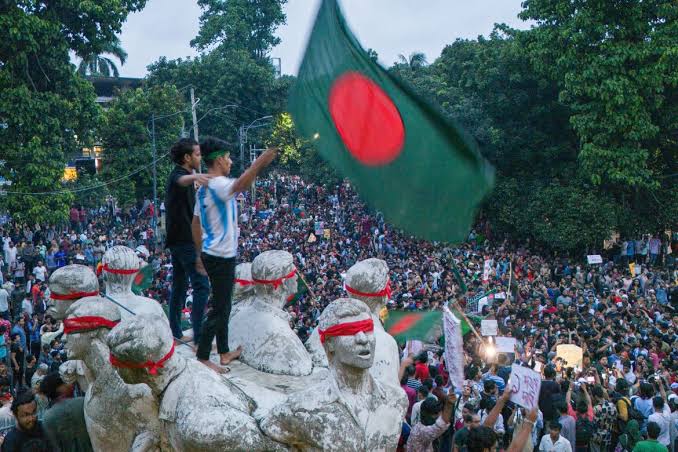
Bangladesh is a country in South Asia. It is bordered by India to the west, north, and east, Myanmar to the southeast, and the Bay of Bengal to the south. The official name of Bangladesh is the People’s Republic of Bangladesh. Bangladesh has made great progress in economic development, social improvement, and environmental sustainability in recent decades, despite being one of the most densely populated countries in the world and experiencing several hurdles. It is the seventh most populated country in the world, with a population of more than 170 million people. The country has become an important participant in the area and worldwide due to its rich cultural legacy, historical resilience, and developing economy.
9. Russia
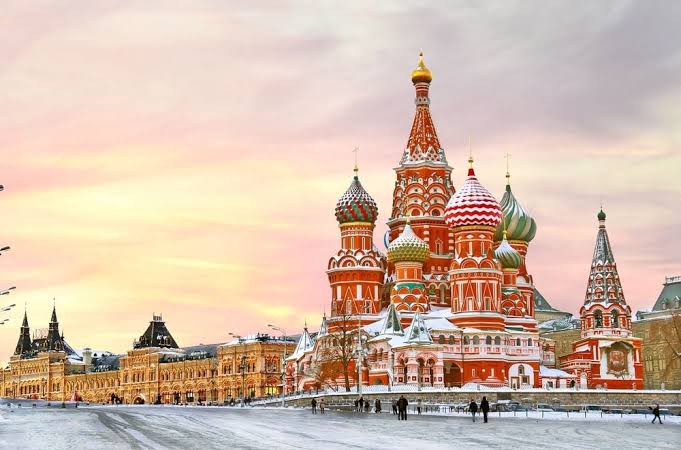
The Russian Federation, commonly referred to as Russia, is the largest country in the world. It covers more than 17 million square kilometers (about 6.6 million square miles) of varied landscapes. Russia is a country that has a long and complicated political history, a diverse cultural heritage, and a wealth of natural resources. It is located in Eastern Europe and northern Asia. It is the tenth most populous country in the world, with a population of over 145 million, and it plays an important part in global geopolitics, economics, and culture. Russia has seen significant changes throughout its history, including the rise and fall of the Russian Empire, the establishment of the Soviet Union, and its current status as a contemporary state that is attempting to impose its position on the global stage. The country is a prominent actor in international affairs because of its geographical size, political power, and contributions to world culture. Russia is a large country, but it has many problems, such as an unstable economy, political tensions, and social inequality.
10. Ethiopia
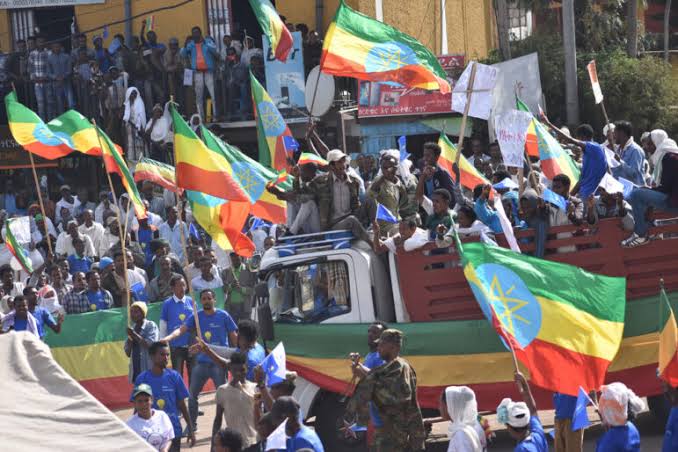
Ethiopia is a country in the Horn of Africa that is noted for its rich cultural legacy, deep historical origins, and great geographic diversity. Ethiopia is the second most populous country in Africa, with a population of more than 120 million people. The only country with a larger population is Nigeria. The country is a place of contrasts, with expansive peaks and plateaus giving way to lowland deserts and lush valleys. Ethiopia is more than just a large country with a lot of people; it is a nation with a rich history, a leader in the fight for independence, and a country that is taking the lead in overcoming socio-economic issues.






fljlqi
1hqs1e